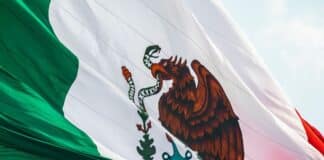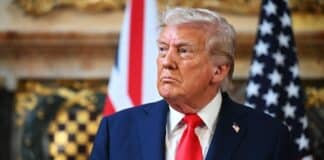A federal court has blocked President Donald Trump‘s sweeping “Liberation Day” tariffs, ruling that the administration overstepped its authority under the International Emergency Economic Powers Act (IEEPA) of 1977. The U.S. Court of International Trade determined that the tariffs, which imposed a baseline 10% duty on imports from numerous countries, were unconstitutional without congressional approval.
The court’s decision came in response to lawsuits filed by small businesses and a coalition of 12 states, including Oregon. Plaintiffs argued that the tariffs inflated consumer prices and disrupted supply chains. The three-judge panel concluded that the IEEPA does not grant the president unlimited authority to regulate imports via tariffs, emphasizing that such powers reside with Congress.
In defense, the Trump administration maintained that the tariffs addressed national threats stemming from trade deficits and unfair foreign trade practices. A White House spokesperson stated, “President Trump pledged to put America First, and the Administration is committed to using every lever of executive power to address this crisis and restore American Greatness.”
The ruling has significant implications for U.S. trade policy, potentially limiting the executive branch’s ability to unilaterally impose tariffs. While the administration plans to appeal the decision, the court’s stance reinforces the constitutional separation of powers in trade regulation.





